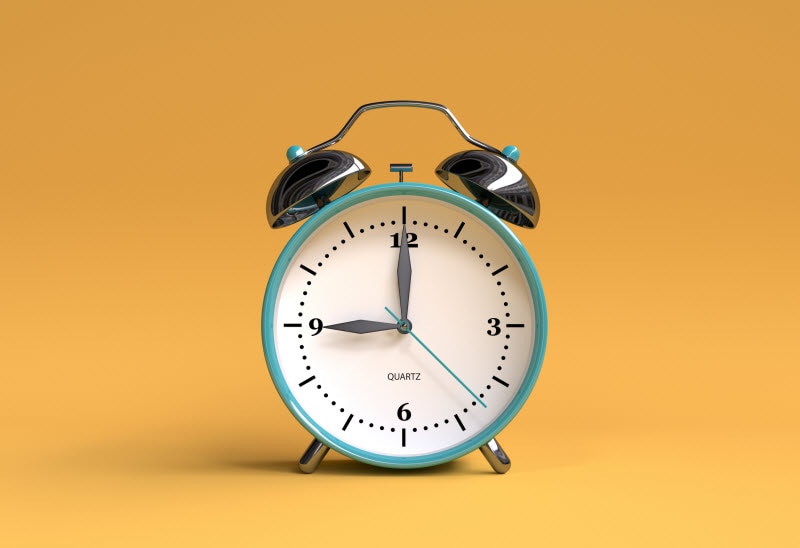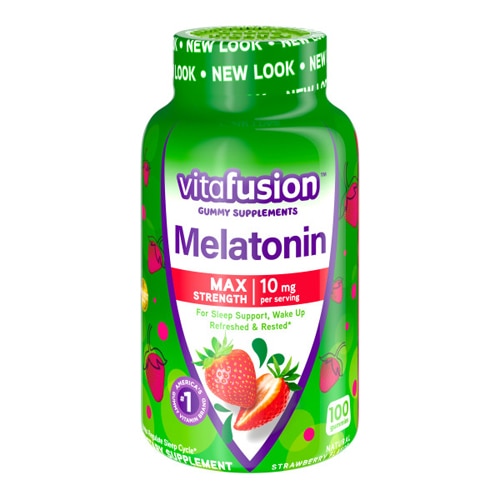Failing to get a good night’s rest not only leaves you groggy, but can actually compromise your health.
Sleep plays an important role in how well your immune system performs. If you are not getting enough rest, you are at greater risk for a number of illnesses.
“Sufficient sleep is the cornerstone of health and wellness,” says Terry Cralle, a registered nurse, certified sleep educator and spokesperson for the Better Sleep Council.
 Sleep and immune system health
Sleep and immune system health
Your
immune system requires sufficient sleep if it is going to function at its best, Cralle says.
Failing to get enough rest reduces infection-fighting antibodies. Also,
sleep deprivation can decrease the production of cytokines, proteins that help the body when we have an infection or inflammation.
All of this can take a toll on your health. "Sleep deprivation may decrease our ability to resist infection," Cralle says.
Frequent colds, flu and various infections can all result from insufficient sleep. In fact, sleep-deprived people are more likely to get sick after being exposed to a virus -- such as a common cold virus -- than people who get adequate sleep.
Even vaccines may be less effective when administered to those who are sleep-deprived.
"Research has demonstrated that people who sleep fewer than six hours per night are more likely to be unprotected by a vaccine than people who average seven hours of sleep per night," Cralle says.
Lack of sleep can increase your body’s inflammatory response, which raises your risk of heart disease and diabetes. Inadequate sleep can even prevent your body from adequately attacking cancer cells, according to the Centers for Disease Control and Prevention.
Sleep can also impact you in other ways, from reducing your productivity at work to impairing your ability to drive safely.
“Driving while drowsy is just as dangerous as drunk driving,” Calle says.
How to get a good night’s sleep
Adults need at least seven hours of sleep nightly, according to the CDC. Adolescents need at least eight hours of rest, and school-age children require a minimum of nine hours.
While the healing role of sleep is well-documented, some people still struggle to get enough shut-eye.
Worrying about lack of sleep and trying hard to fall asleep can actually be counterproductive, Cralle says.
“Don’t
try to fall asleep,” she says. “Instead, make the goal to simply
relax. Sleep will follow.”
Achieving a relaxed state begins long before your head hits the pillow. For starters, Cralle suggests avoiding the use of electronics in the hours before bedtime.
“The
blue light from these devices will suppress
melatonin production, which will interfere with falling asleep,” she says.
Instead, engage in other activities that will relax you, such as coloring, knitting and putting together puzzles.
Like children, adults “need a bedtime routine to help transition from wake to sleep,” Cralle says. Such a regimen might include:
Aromatherapy also can be helpful. Cralle cites one study that found that exposure to the scent of lavender before bedtime increases deep sleep as well as alertness upon awakening.
Try to build consistency into your sleep routine. Go to bed at the same time every night, and rise at the same hour in the morning.
Finally, make sure you sleep in a cool, dark room, and that your mattress and pillows are in good shape.
“Invest in your rest and get the most comfortable sleep surface and bedding possible,” Cralle says. “After all, one-third of your life is spent sleeping.”
Featured product:

 Sleep and immune system health
Sleep and immune system health



